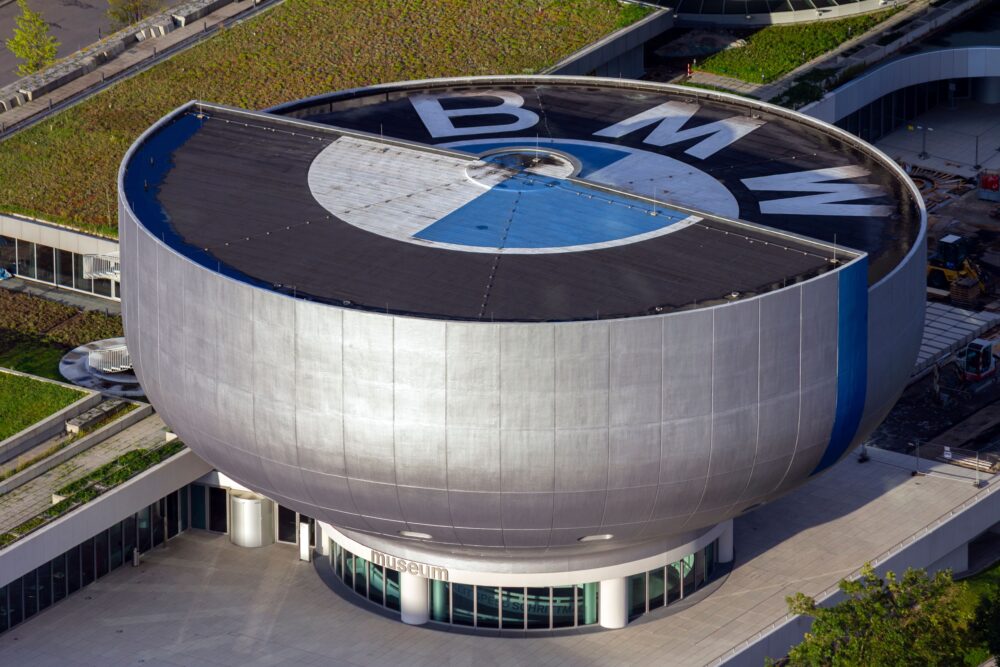A travel journalist shares her favorite European spots for the new year
It’s 2023! There’s so much to see and do and eat. The question is, where to start? How do you narrow such a feast of opportunity? To help you make thrilling and memorable plans for the new year, Erica hand-picked ten experiences she’s most excited about in 2023. Got a question or comment? Want to add an eleventh item to the list?
1. Gole Alcantare, Sicily for hiking, rafting and local food steeped in tradition.
The Alcantara Gorges are one of the geological wonders of the world. The best way to explore them? Erica suggests taking a rafting excursion along the scenic canyon walls. The adventure begins with the ascent of a stretch of river chiseled between an imposing basalt gorge that stands more than thirty meters high (98 feet). Over thousands of years of erosion, the gorge has been sculpted into a series of unique forms and shapes that amaze even the most skilled hikers. Speaking of hiking, this area is perfect for natural explorers of all levels of dedication, though a baseline of physical activity is necessary. After your raft or hike, satisfy your hunger with some local cuisine like no other. Is there anything quite as perfect as a sun-ripened tomato?
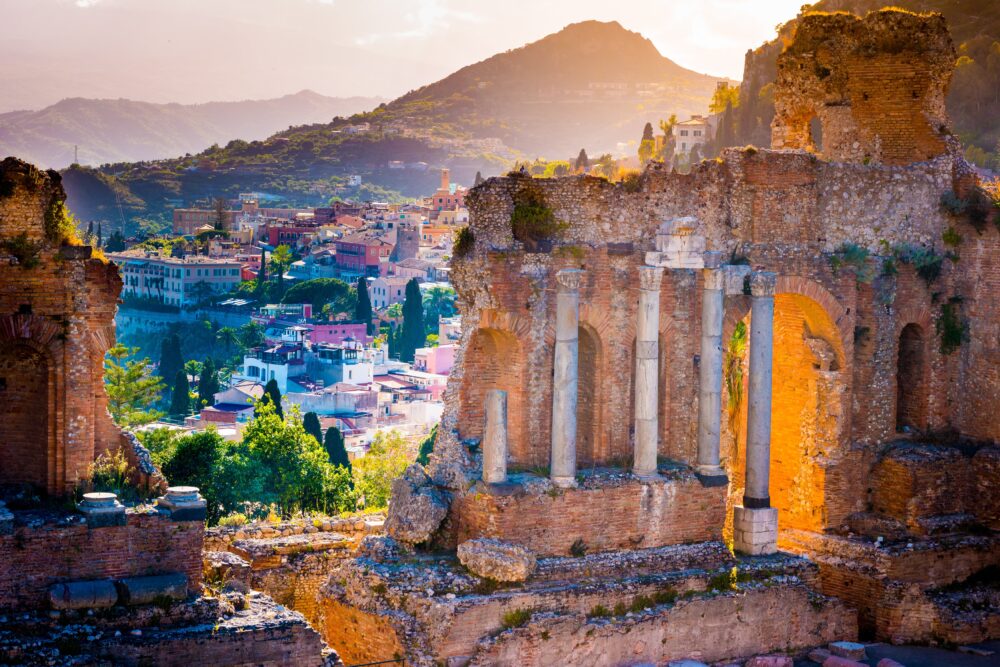
2. Midsommar in the Nordics for togetherness, food, and celebration
On Midsommar, when the skies are bright until eleven or even twelve, there is a certain undeniable magic in the Nordic air. Walk in the old growth forest, pick meadow flowers, decorate a maypole with colorful ribbons. Stay up late with a sizzling barbeque, drinking local beer and building friendships with locals that will persist long after your return. If you want to celebrate Midsummer in Norway, time your visit for the 23rd of June—the date is always the same! Norwegians and Finns alike make sure that no nasty spirits linger by lighting huge bonfires. You could see one with flames reaching as high as 47 meters (155 feet)!
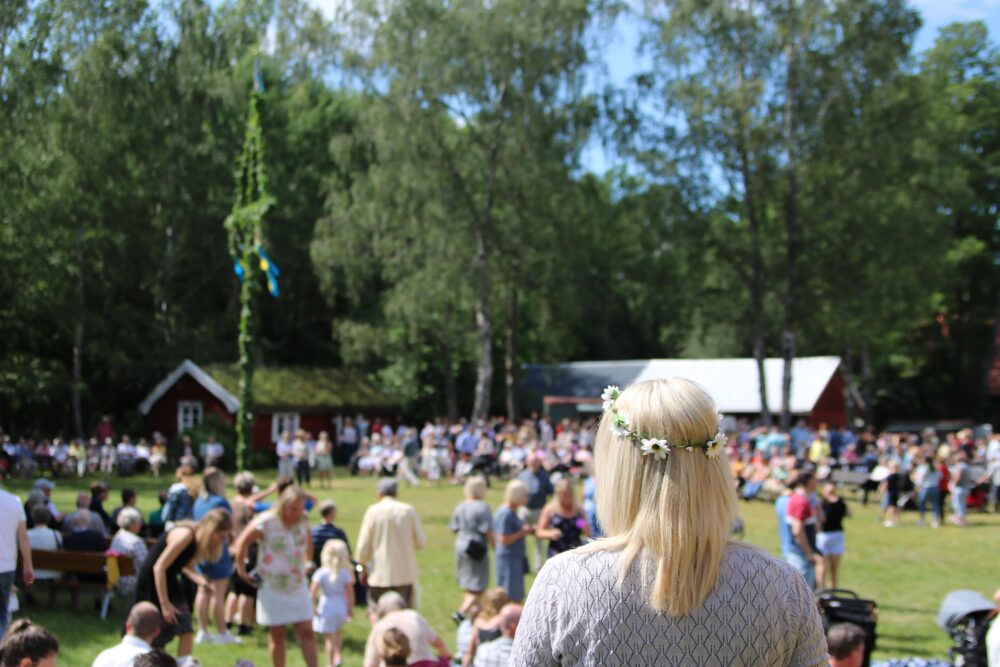
3. Brú na Bóinne on Ireland’s east coast for an archaeological experience bar none
On the north bank of the river Boyne, about 50 kilometers (31 miles) north of Dublin, you will find the three prehistoric sites of the Brú na Bóinne Complex. As Europe’s largest and most important concentration of prehistoric megalithic art, these monuments are crucial for anyone who wishes to understand history. Brú na Bóinne had social, economic, religious, and funerary functions at the time it was built some five thousand years ago. In the surrounding areas, there are about forty satellite passage graves, which constitute a funerary landscape that once carried great ritual significance. Though this is quite a few months away, the Newgrange lightshow, held each year on December 21st, is a spectacular event that presents ancient culture with a modern-day twist.

4. Huelva, Spain for a culinary adventure you’ll not soon forget
Some call the shores of Huelva the secret coastline. Though that’s in part because it’s off the beaten travel path, but also because even within Spain, it’s a bit of a mystery. The 100,000 hectares of salt marshes, dunes, scrub, and pine forests that make up this World Heritage Site lay between the rivers Tinto and Guadalquivir in the Huelva province, bordered by the Atlantic to the south. The specialty of the region? All things seafood. The fried fish, seafood , and fresh crustaceans are top rate. But that’s not all. Huelva has become a center for Spain’s new culinary guard. A new breed of young chefs has been flocking to the area because of its fresh ingredients and high levels of innovation and creativity. Two particularly remarkable ingredients: white shrimp and Iberian pigs, which are raised in the surrounding mountains and Dehesa fields.

5. Live the early days of the Beatles in Hamburg
On August 17th, 1960, the Beatles appeared on stage to play at the Indra Club, a mainstay of Hamburg’s Red-Light District. The performance proved pivotal in the development of these legends of rock. If you love the Beatles—and come on, who doesn’t?—you can visit this club and stand on the stage where John, Paul, George, Ringo performed some of their earliest songs. While Beatlemania might bring you to Hamburg, the city’s architectural history will keep you there. The Chilehaus, a ten-story office building, is a prime example of brick architecture from the 1920s.
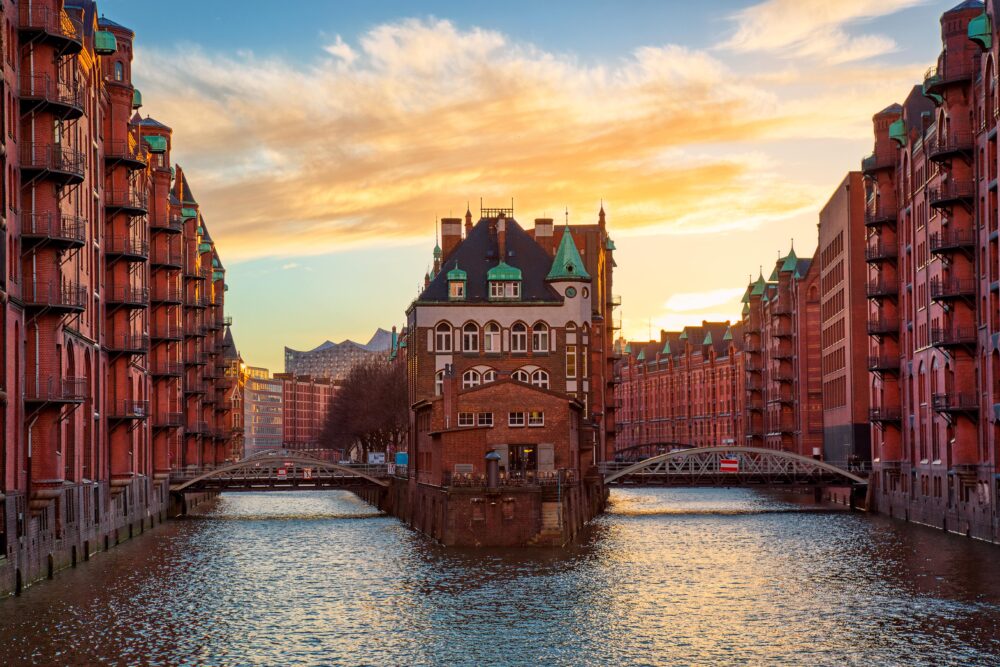
6. The grand arena of Pula
Pula Arena is an impressive historic Roman amphitheater in Croatia. Built in the 1st century CE, it was constructed during the reign of the emperor Vespasian who was also responsible for constructing the Colosseum. Given that it could sit some 20,000 spectators, the arena would have played host to gladiatorial battles under the Romans and the tournaments of knights in medieval times. Today, it is so important as a monument that it is depicted on Croatia’s 10 kuna banknote.
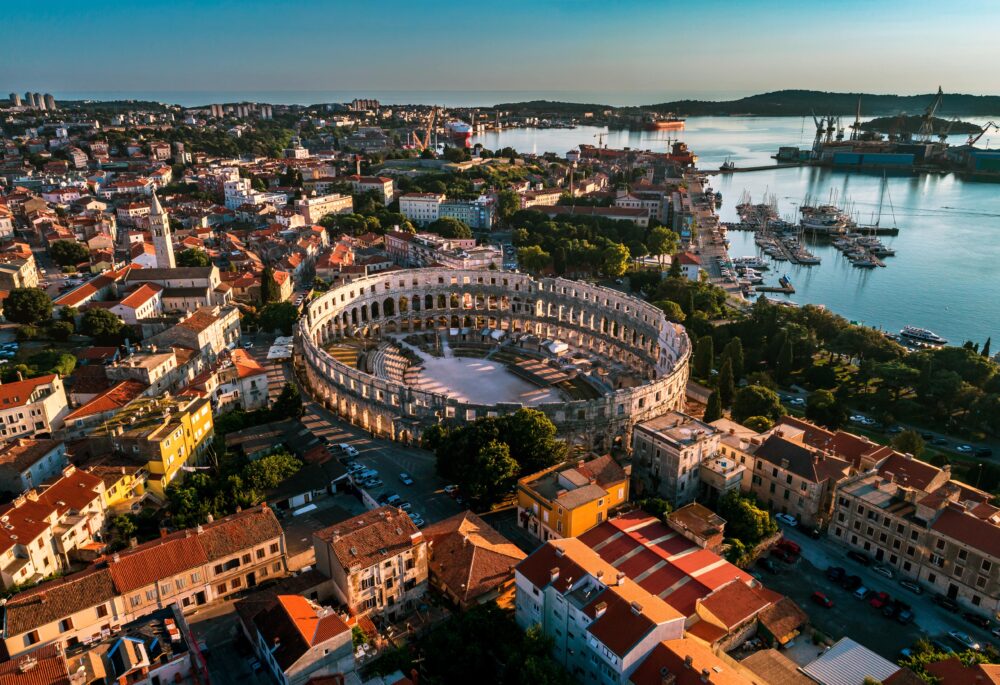
7. Moritz in the blazing summer sun
Ah, the wonders of nature! St. Moritz, which is situated high in the Engadin area of the Swiss Alps, is where you can bask in the summer sun, where your every worry flitters away. The top activities are: hiking (of course!), paddle boarding, kite surfing, and simply laying out your picnic blanket to absorb the sun’s warm rays.

8. Athens, Southern Europe’s hub for contemporary art
The art scene in Athens is vibrant and exciting. Soaking up the rich diversity of modern culture is just as important as enjoying the ancient ruins. Here are the best ways to do that: visit the Ileana Tounta Contemporary Art Centre, an industrial space that houses a dynamic program of contemporary art; consider the Breeder Gallery, known as one of the most influential commercial galleries in Greece and located in the trendy Metaxourgeio neighborhood; pop by the Rebecca Camhi Gallery, a commercial space that has long emphasized exhibiting international names in Athens.

9. The stunning seaside drives between Biarritz to Saint Jean de Luz
Maritime charm, natural beauty, and the glamor of the French Atlantic coast are all accompanied by mouthwatering cuisine. What else could you ask for? From the deep blue of the Cantabrian Sea and the lush green of the northern mountains to the wild beaches flanked by steep cliffs, the French Basque Country is unforgettable. Stay in quaint fishing villages sheltered in the recesses of a rugged coastline that amaze travelers with their ancestral customs. Feel the luxury of Saint-Jean-de-Luz and Biarritz, gorgeous towns on the French Atlantic coast.

10. Museums and much more in Munich
The past and the present are woven tightly together in this marvelous German city. Visit the BMW Museum, which brings to life over a century of automotive innovation. The Alte Pinakothek, one of the oldest galleries in the world, houses a significant collection of old master paintings. In fact, the gallery’s name—Alte (old) Pinakothek—refers to the period covered by the collection: the 14th to the 18th century. Finally, the Lenbachhaus deserves your attention, home to work by many of the world’s most renowned artists. After all that creative intake, you’ll probably have a strong appetite. Satisfy yourself with something both distinctly German and modern, like a traditional weisswurst but one that’s spiced with new and creative ingredients like cedar.
